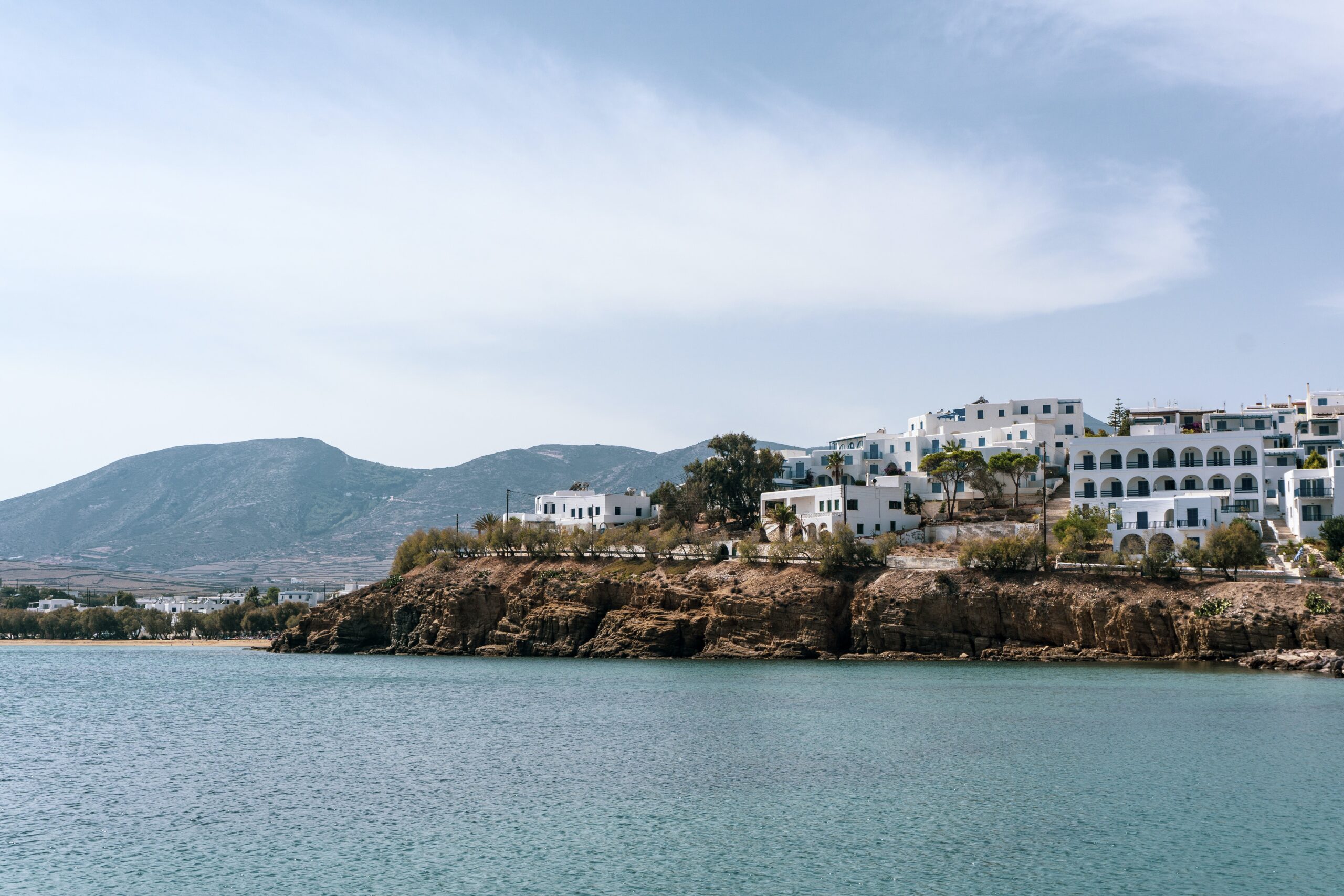Energy Communities on Greek Islands
The project is completed. It aimed at boosting the uptake of energy communities in the Greek islands by involving municipalities and civil society to support the local citizen-centric energy transition.
Energy Communities Energy Policy Energy Transition and Climate-Neutral Buildings Renewable Energy

Project info
Greece
10/19 - 03/21
Local governments, Civil society, Regional governments, Non-governmental organisations, Private sector, National governments, EU institutions
185,362.00 €
Contact info
Konstantinos Komninos
- National Technical University of Athens (NTUA)
- nexus Institute for Cooperation Management and Interdisciplinary Research
Background
Greece was the first EU member state to pass a law on ECs in early 2018, enabling ECs to invest in specific project categories. The law provides a framework for participatory clean energy development, which can foster local climate action in the Greek islands. As the Greek energy sector largely depends on fossil fuels, and the non-interconnected ones of the Greek islands obtain their electricity mainly from diesel generators with high GHG emissions, the project wants to specifically foster the implementation of ECs here.
By targeting citizens, local and regional island authorities, and local private and social businesses, the project addresses several challenges: technical barriers, regulatory restrictions, financial challenges, social challenges. This way the project will not only inform policy-making but also lay a solid foundation for the empowerment of island communities to establish ECs and emerge as delivery agents of local decarbonisation pathways.
Project
The ECOISM project promoted the establishment and operation of energy communities on the Greek islands. To this end, ECOISM educated local authorities, non-profit and for-profit companies, and citizens about the benefits that energy communities offer for building a resilient and thriving economy on the islands. The project had three goals: First, to raise awareness among target groups about the opportunities offered by the legal framework for Energy Communities (ECs) – this legal framework provides incentives and grants for the creation of ECs. Furthermore, to clearly define the steps for the development and implementation of ECs in the Greek islands. Lastly, the ECOISM project aimed to promote dialogue between stakeholders, policy makers and decision makers at local, regional and national levels in order to advance the implementation of ECs in the Greek islands.

Within the project period, several events were held within the framework of the Network for Sustainable Green Islands (DAFNI) to create awareness about the opportunities of ECs. During these events, ECOISM identified the potentials of the different islands for different types of renewable energy by looking at their characteristics. Based on this analysis, a pool of potential projects that could be implemented by the ECs was compiled. The project assisted five island communities that wanted to establish an energy community with technical project analyses and investment plans. Roundtable discussions were also held with key national stakeholders. The subject of these discussions were the challenges faced by the Greek islands in establishing ECs and policy recommendations to address these challenges.
State of Results
- Despite the strong impact of the Covid 19 pandemic, the project was able to support the spread of Energy Communities (ECs) in Greek islands by highlighting potentials but also challenges of technical, regulatory, financial and social nature.
- Twelve islands applied for support from the project implementer to establish ECs. Eighteen other islands expressed interest in receiving support.
- In total, 130 stakeholders were qualified through web seminars and trainings, who are directly involved in the possible establishment of ECs. In addition, 50 stakeholders exchanged views on challenges in the implementation of ECs in a dialogue process.
Last update: April 2024

